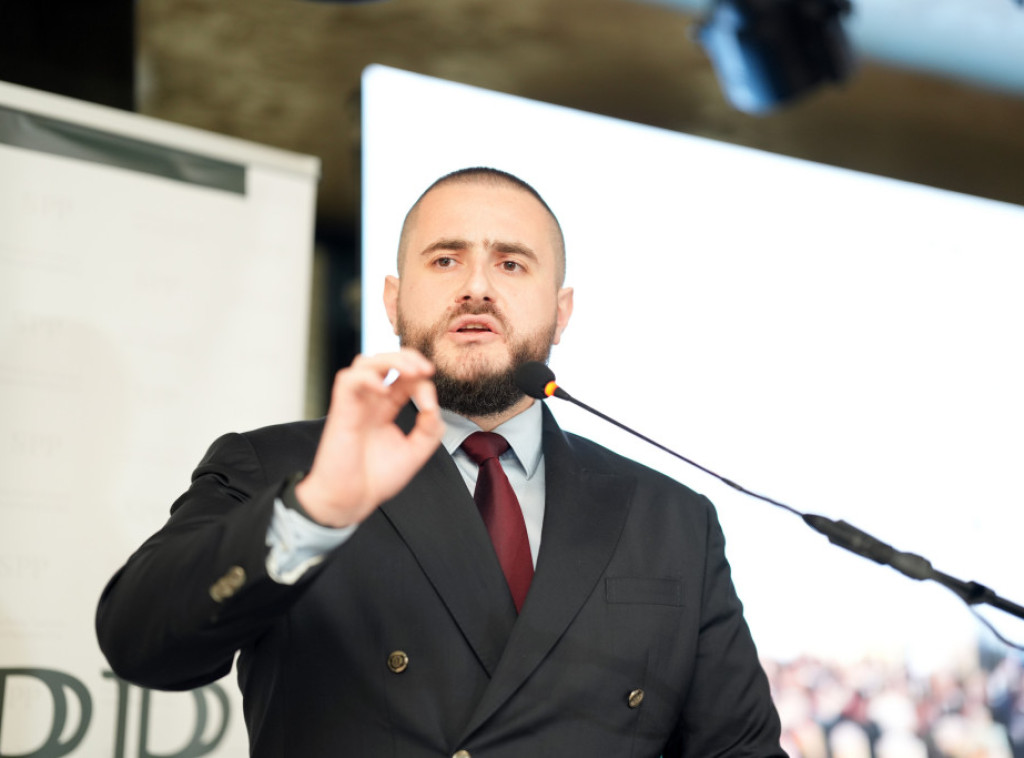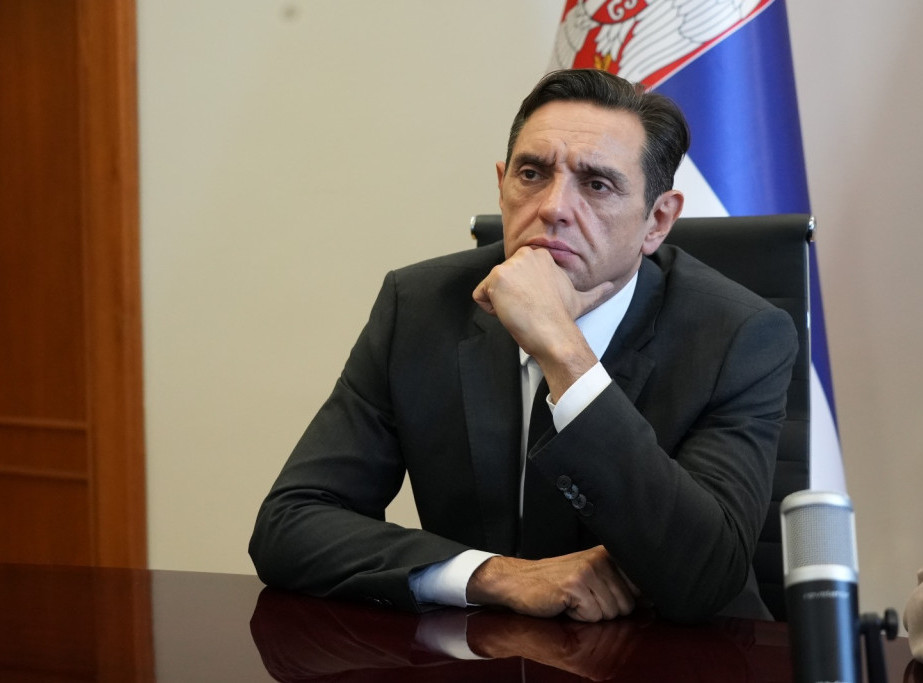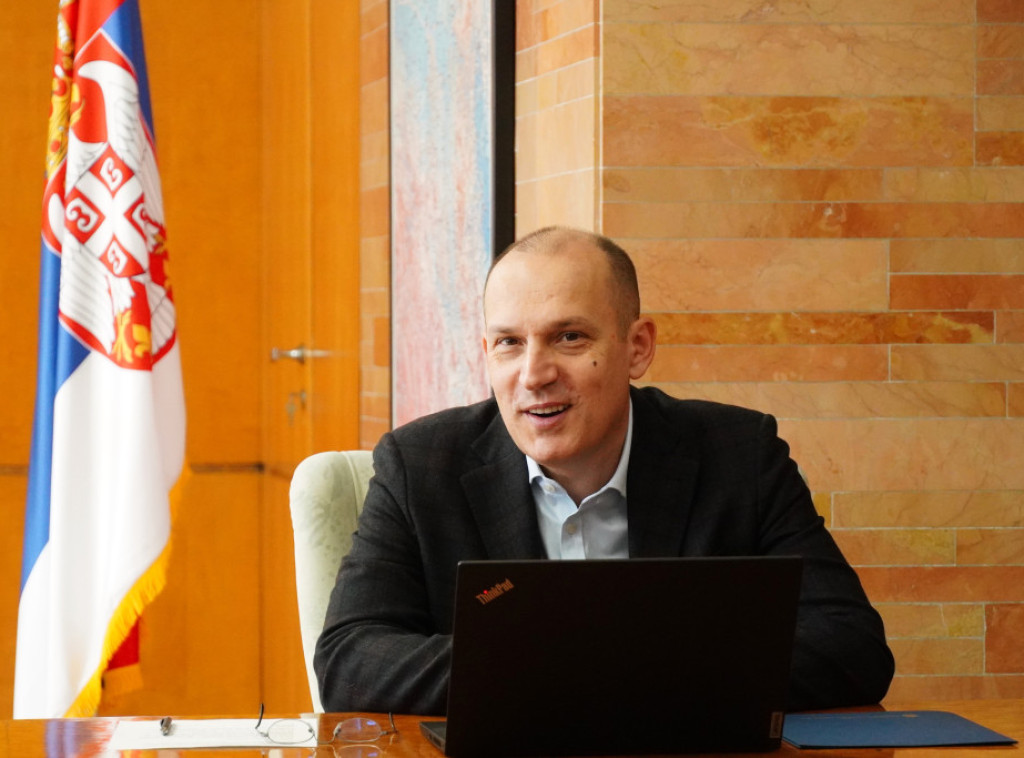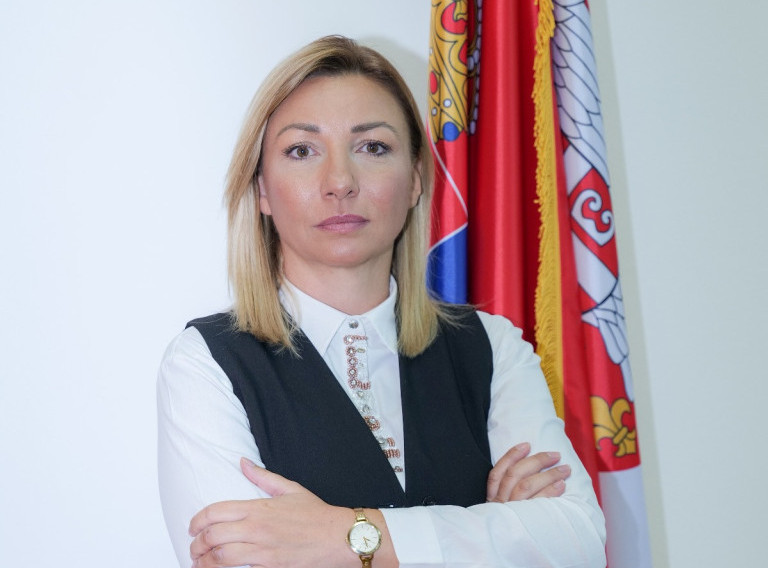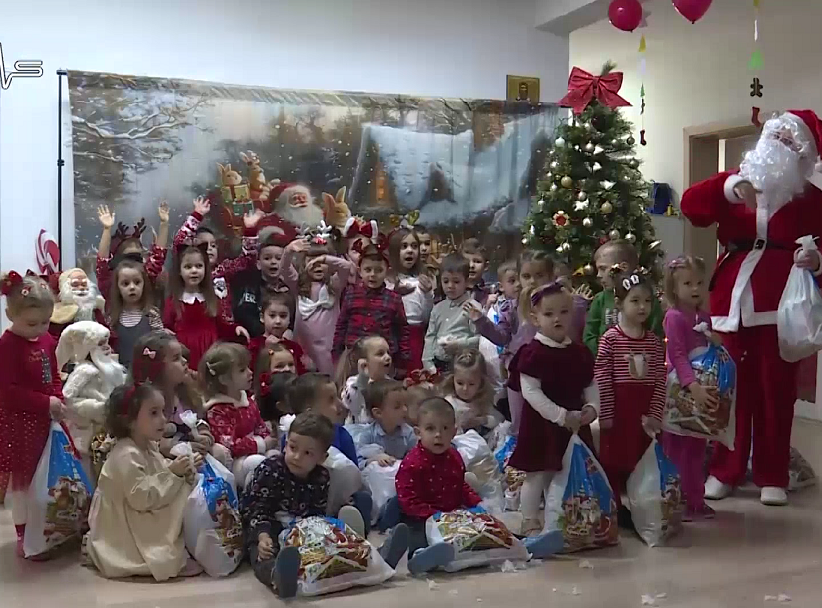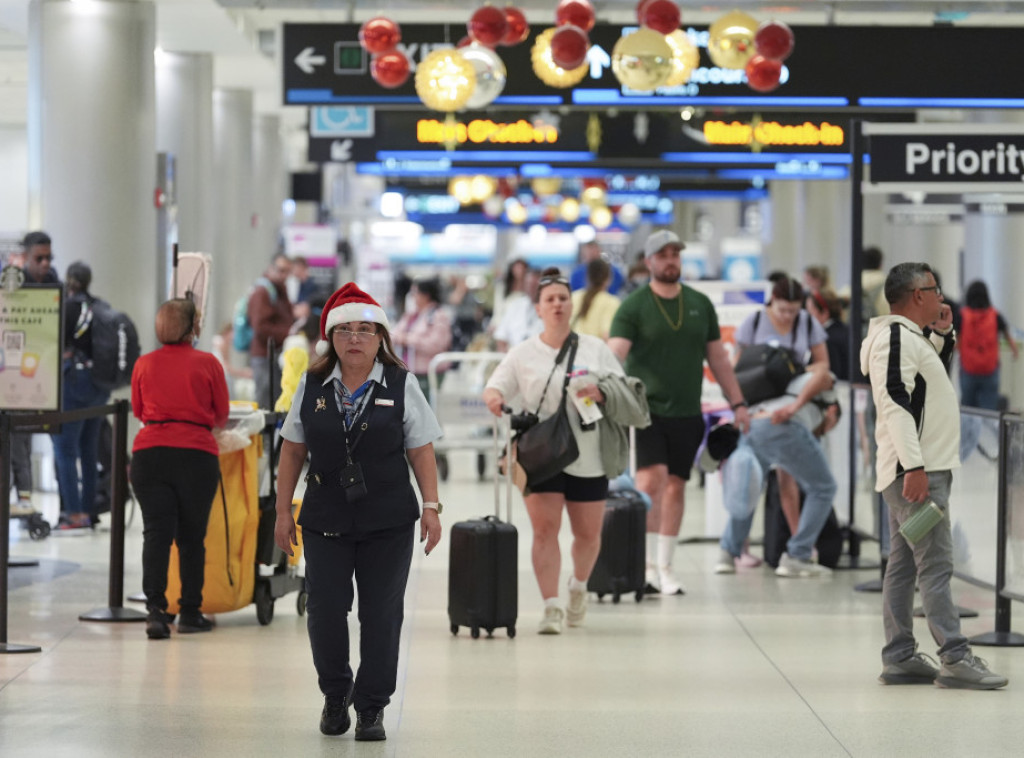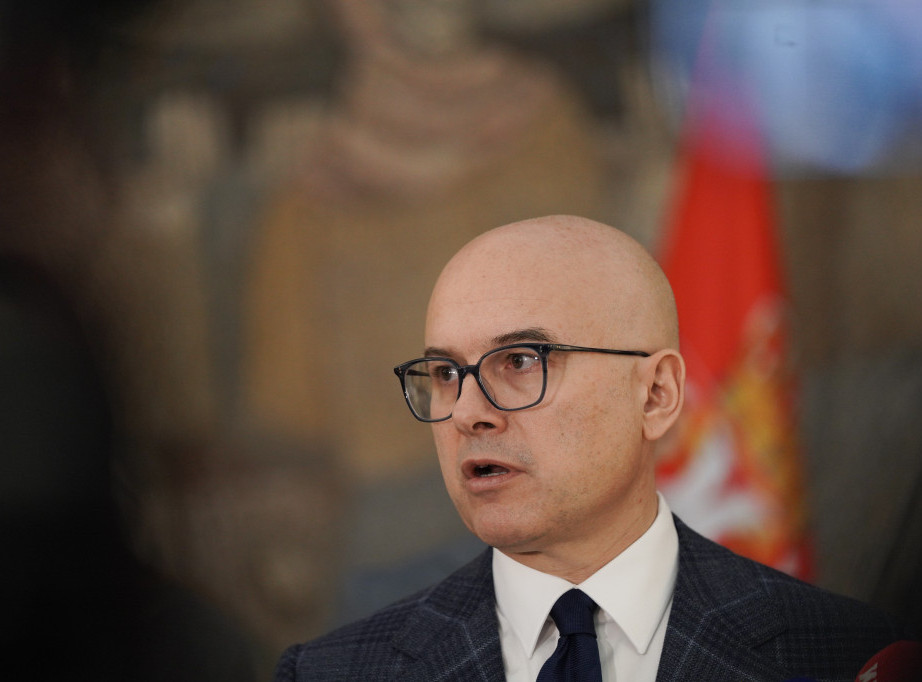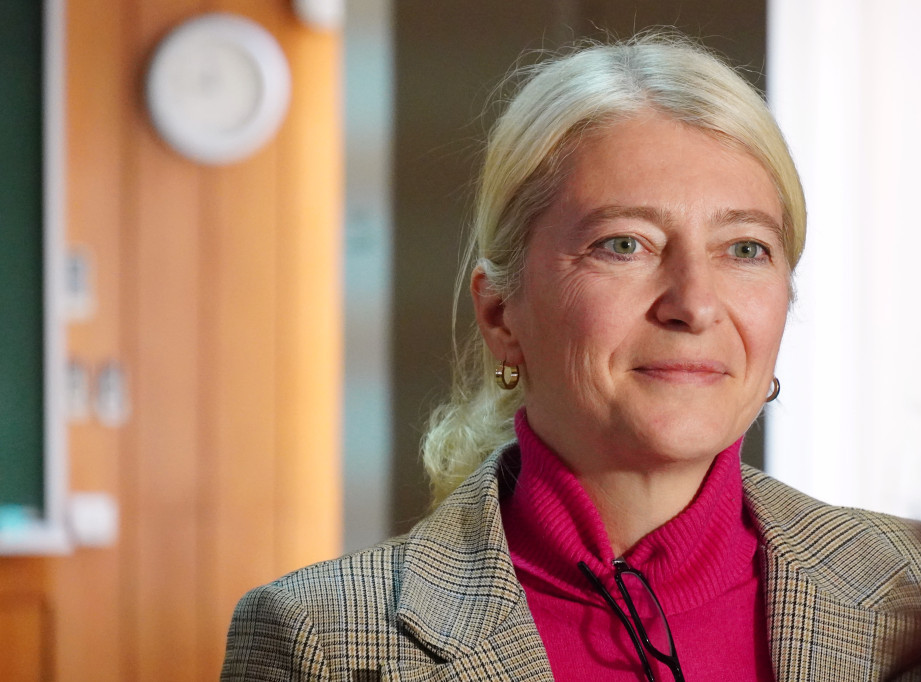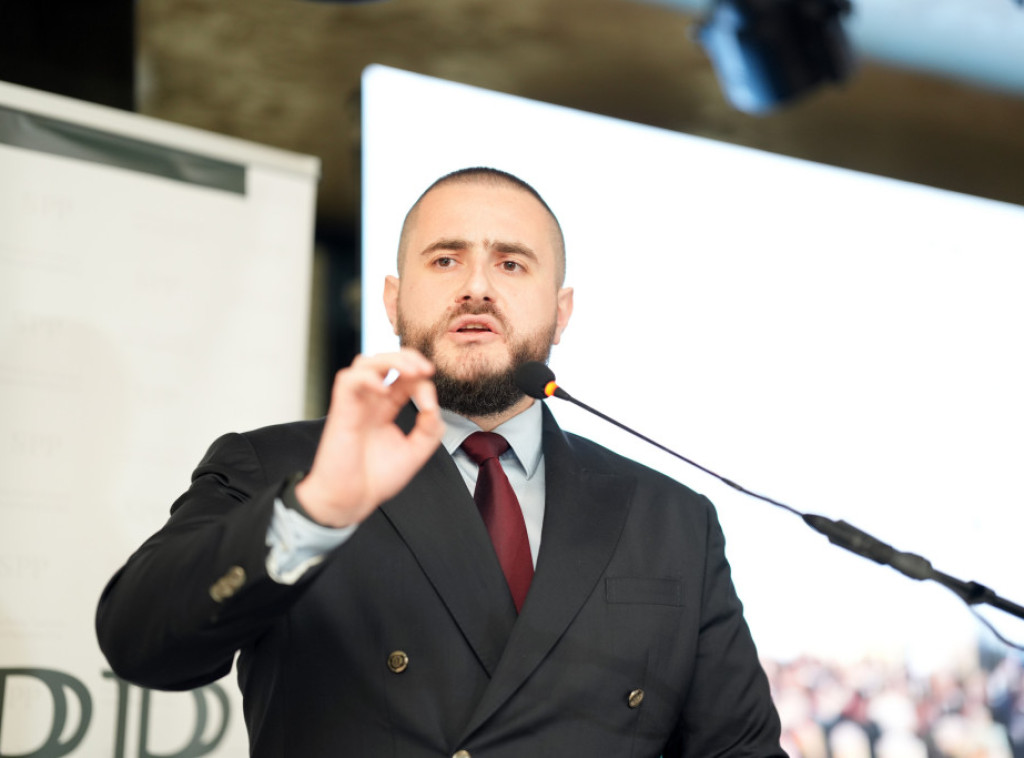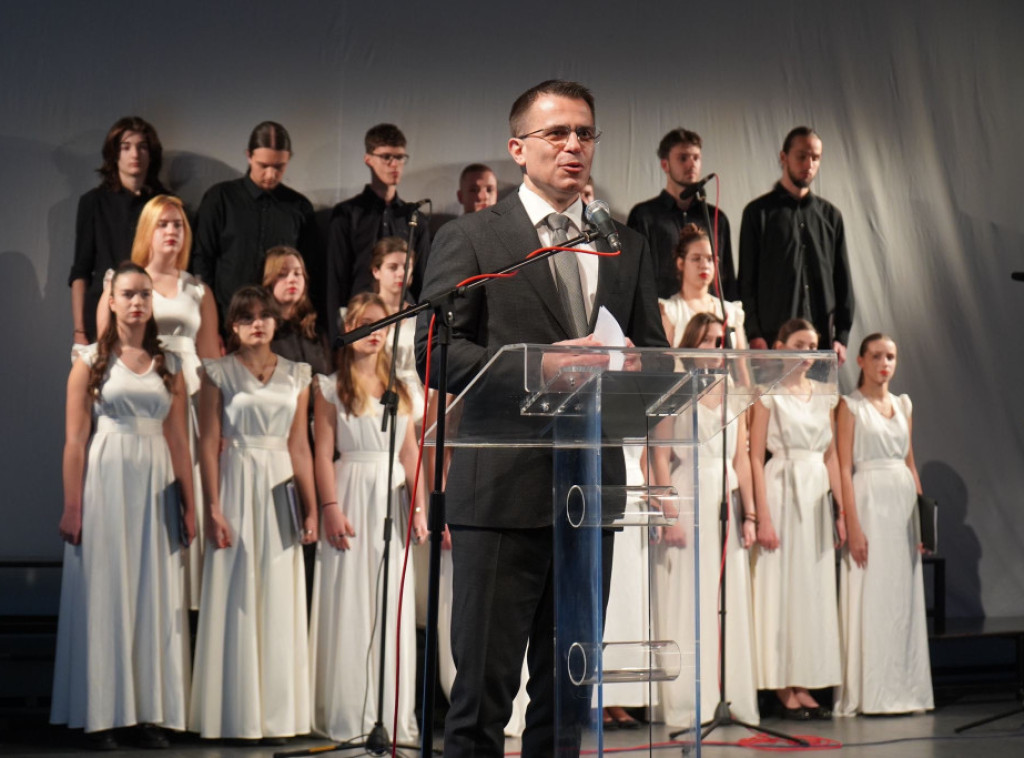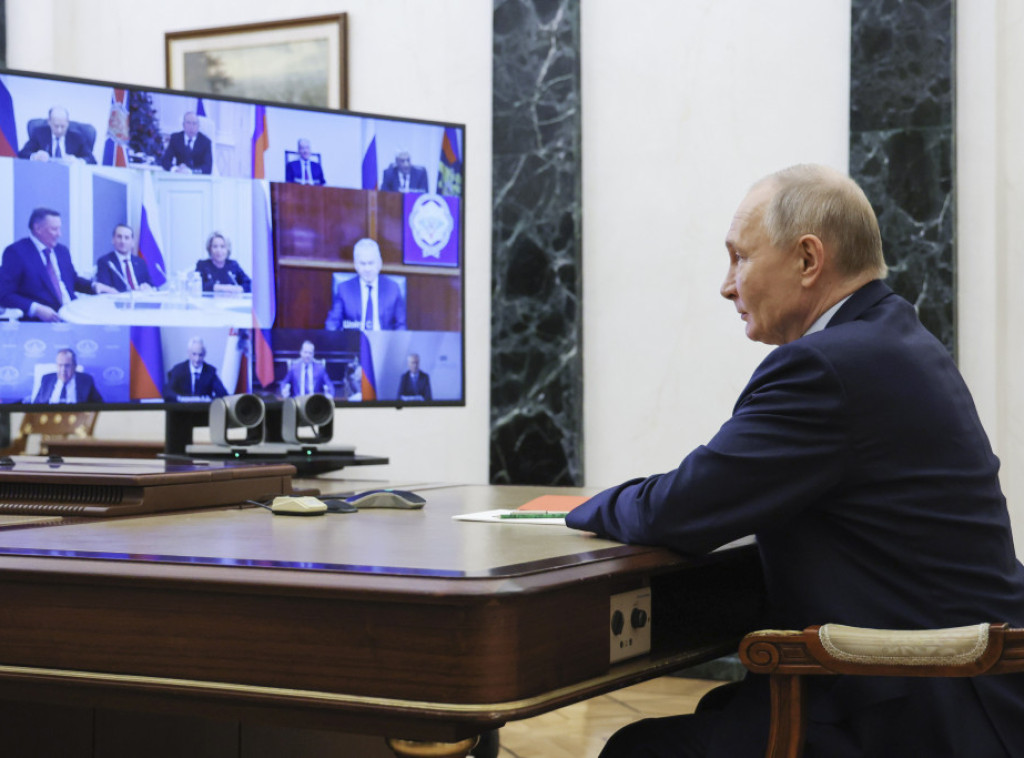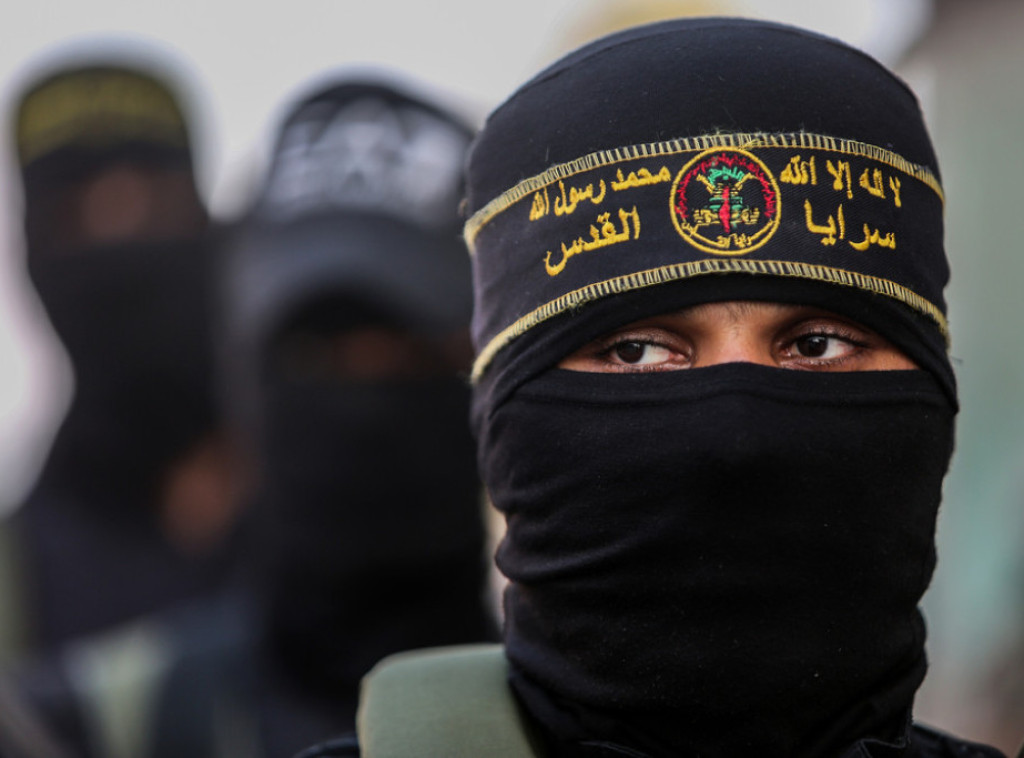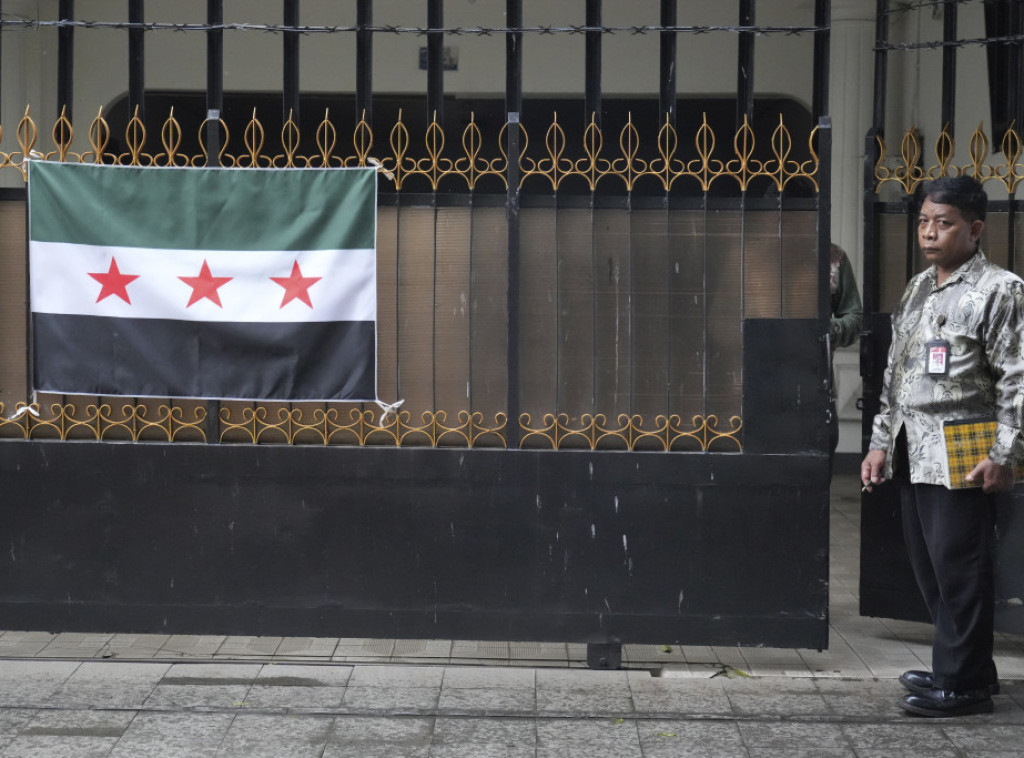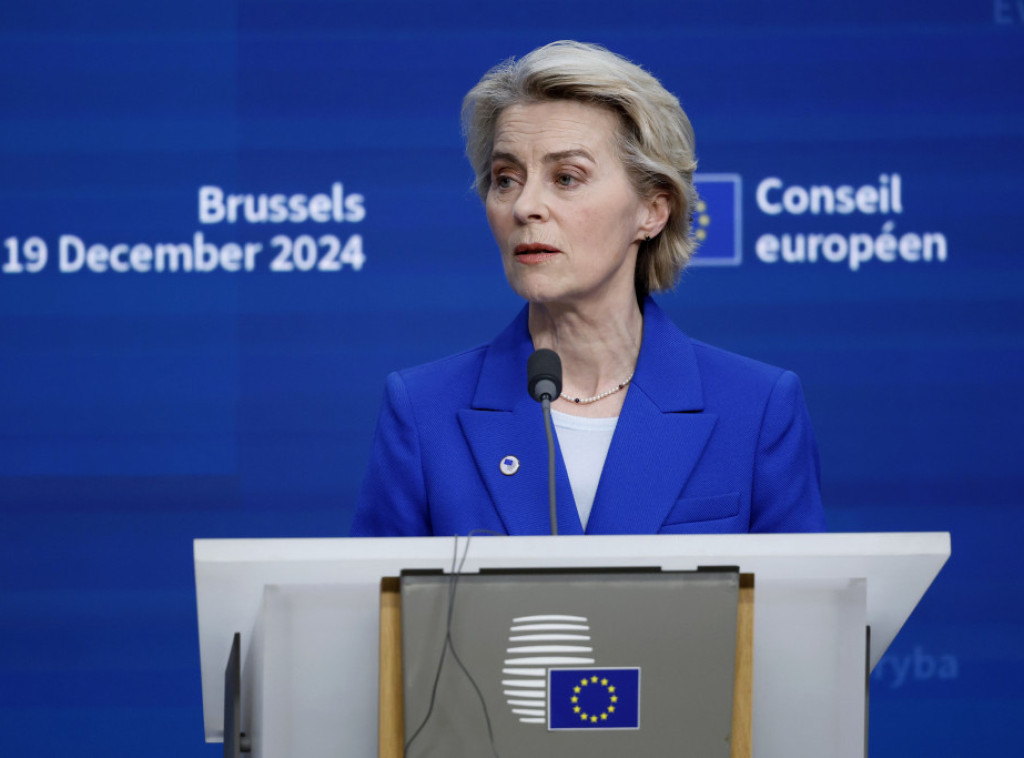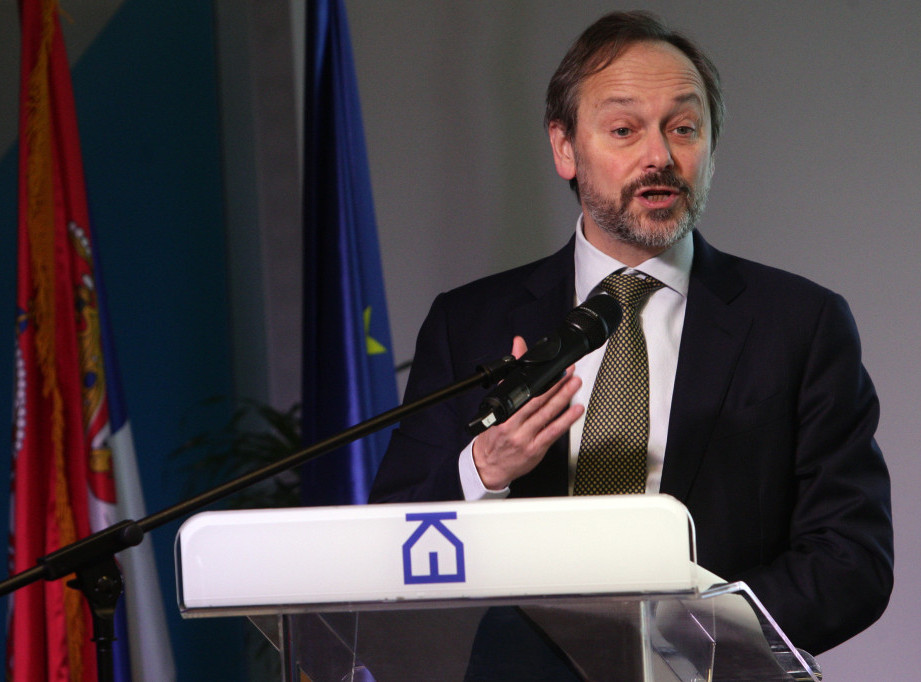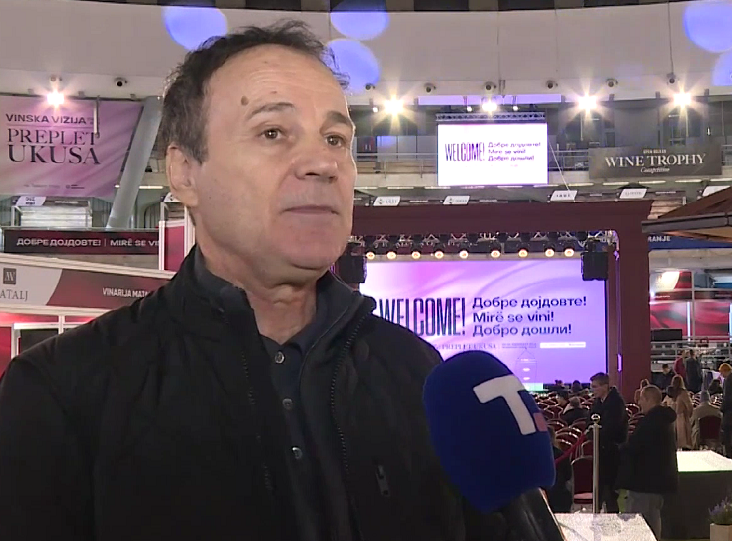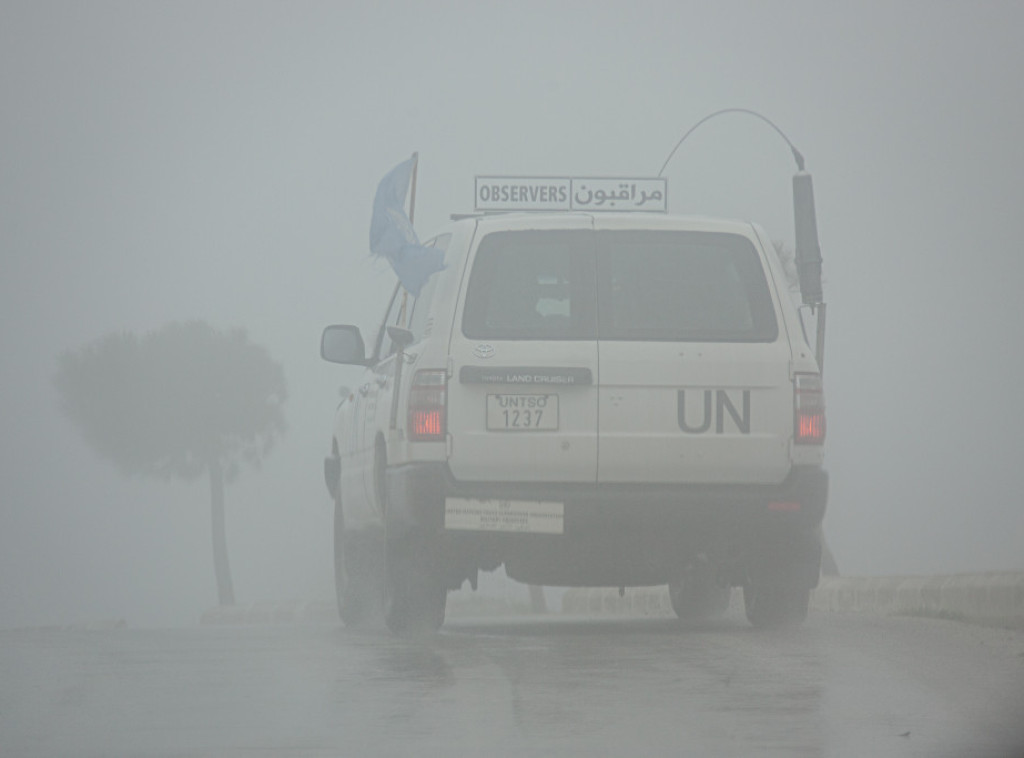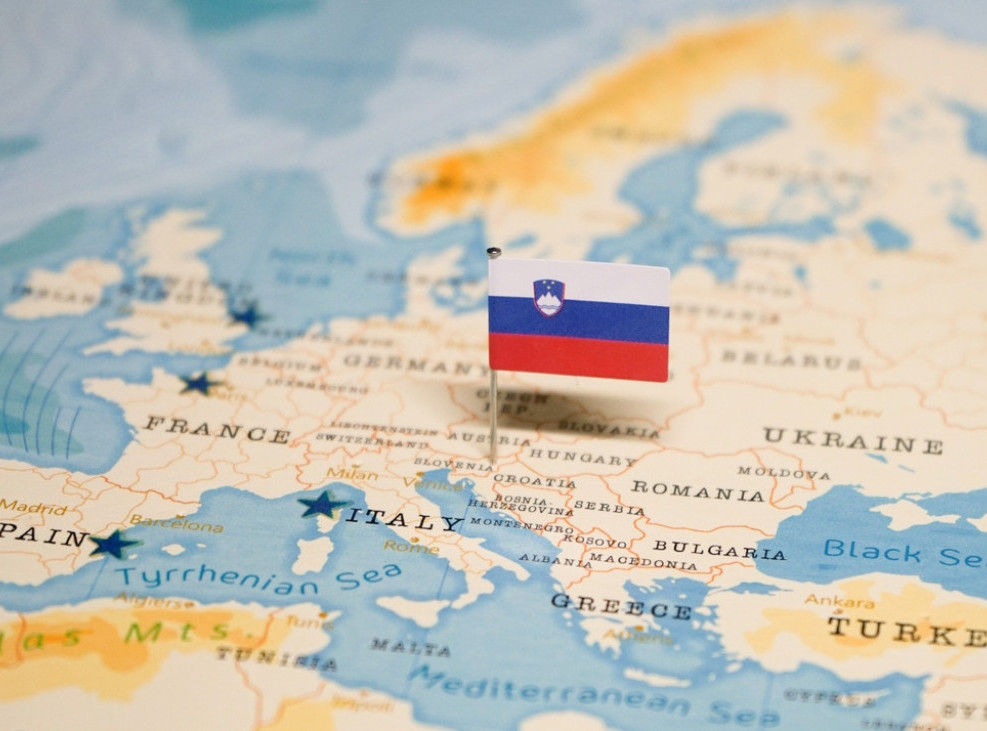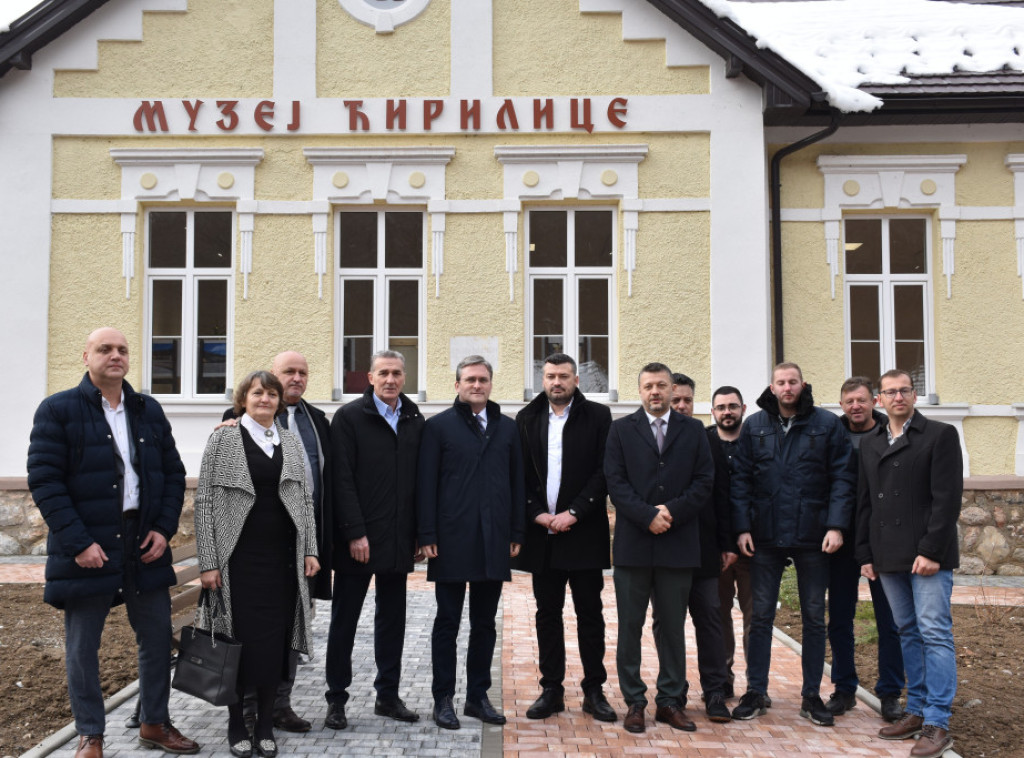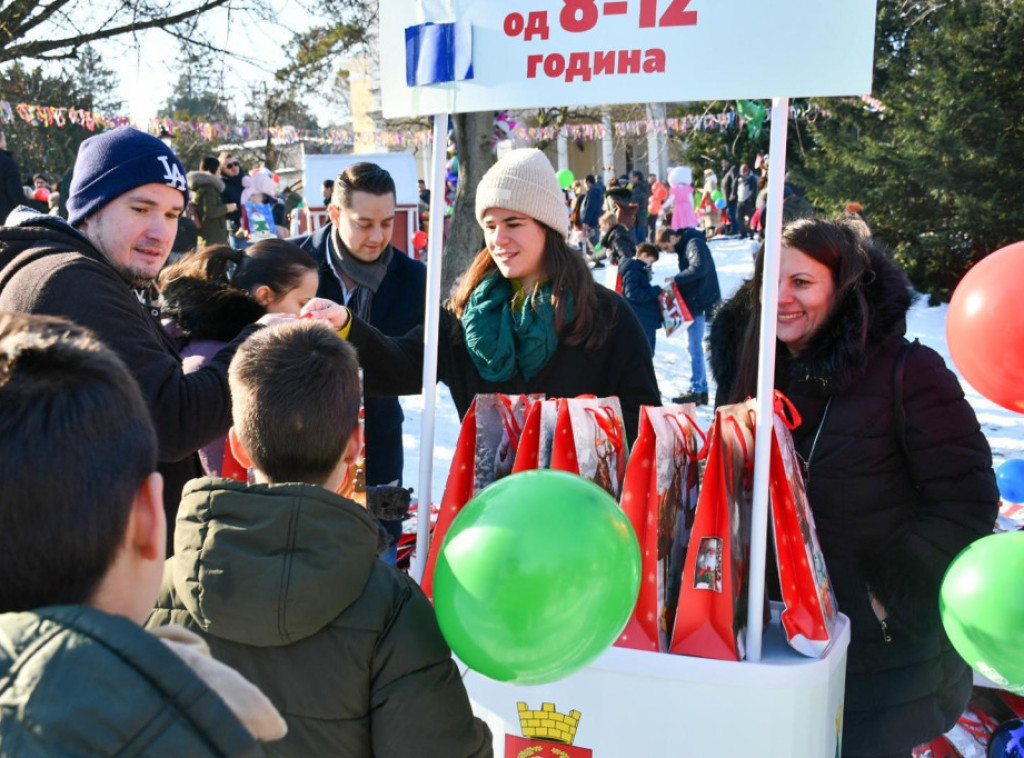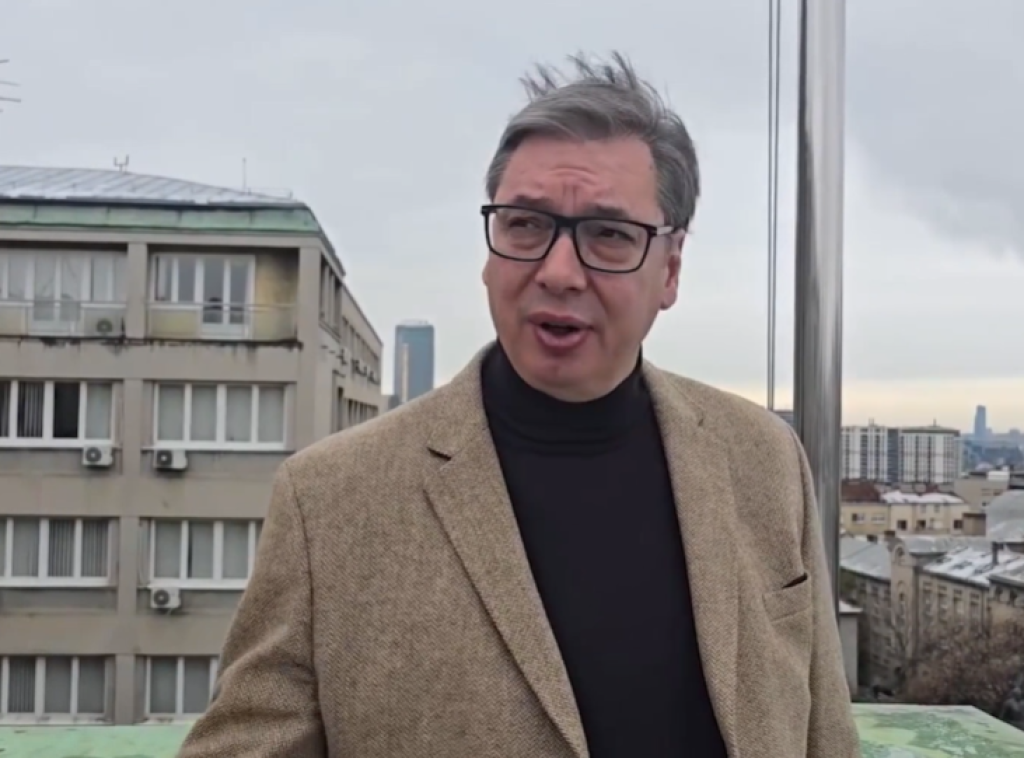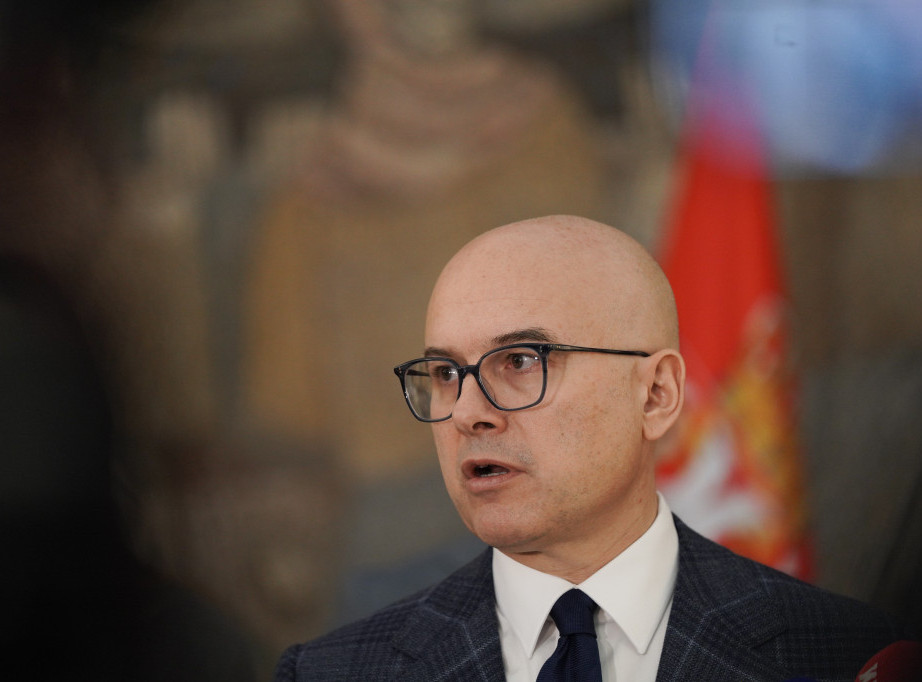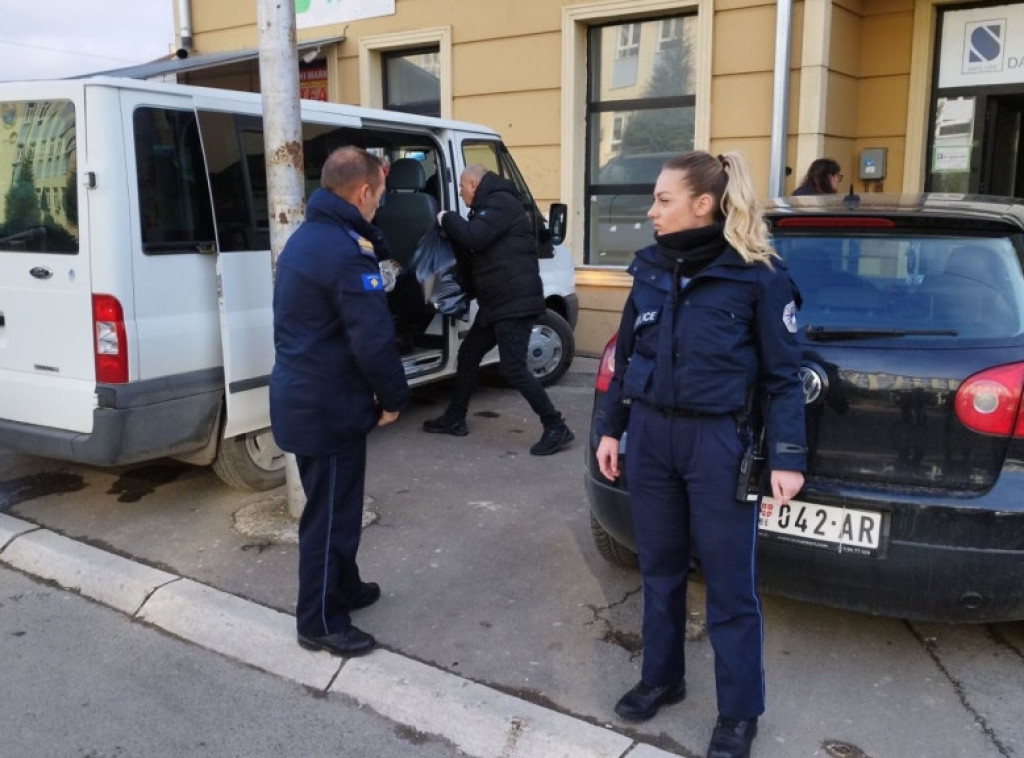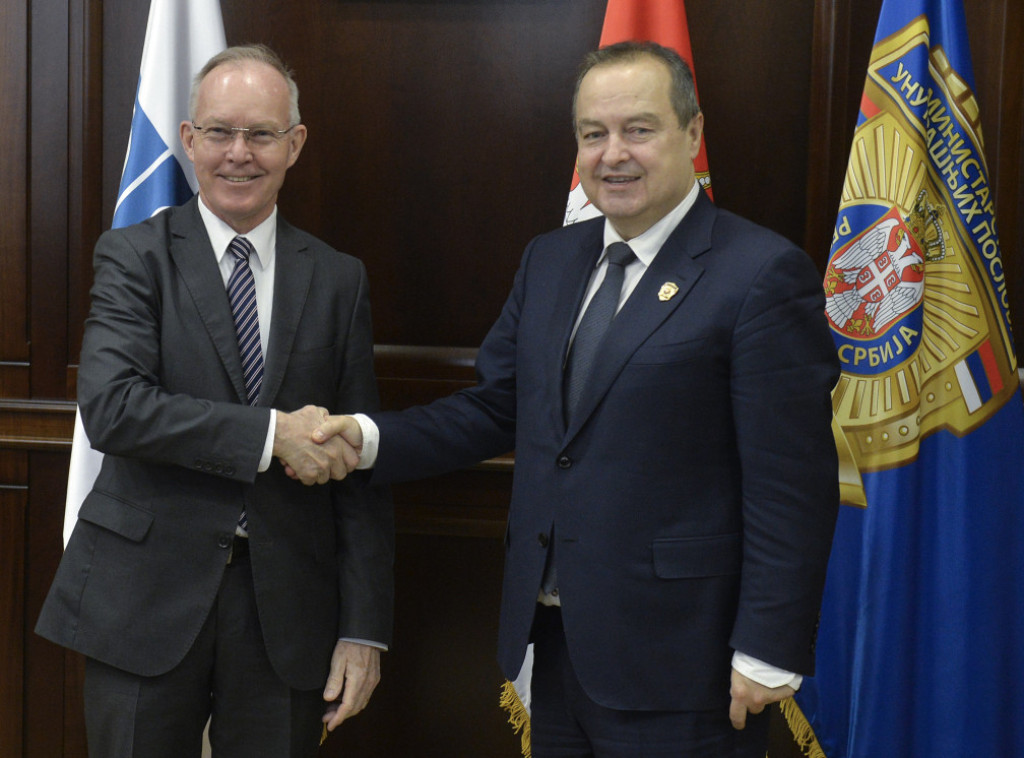
27. april 2023 21:59
Dacic: Dialogue with Pristina in very complex, decisive moment
podeli vest
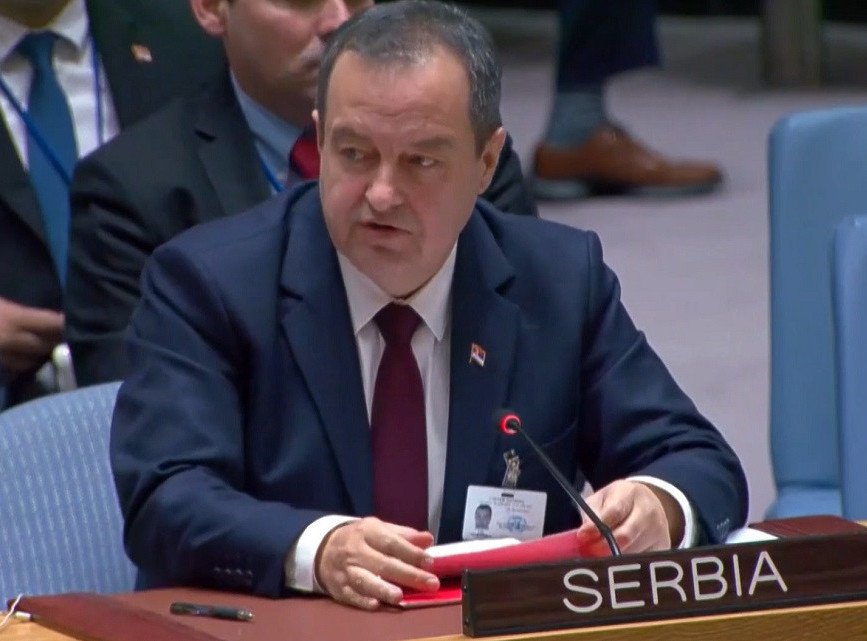
Foto: Tanjug video, arhiva
BELGRADE - Serbian First Deputy PM and FM Ivica Dacic told the UN Security Council on Thursday the Belgrade-Pristina dialogue was in a very complex, politically significant and perhaps decisive moment, and that UN Secretary General Antonio Guterres's report on the work of UNMIK in Kosovo-Metohija partially demonstrated that an atmosphere of fear, uncertainty and pressure on Serbs and other non-Albanian communities persisted on the ground.
On the other hand, the EU-facilitated February 27 agreement from Brussels and the March 18 agreement from Ohrid have maintained the momentum of attempts to normalise relations, Dacic said at an UN SC session on the report.
He said that, above all, it was necessary that all agreements reached to date, ever since the Brussels Agreement he had signed ten years ago with then EU foreign policy and security chief Catherine Ashton and Pristina's Hasim Taci, be implemented consistently and in full.
He also said a Community of Serb Municipalities needed to be formed as soon as possible as the only possible mechanism of protecting the rights and the security of the Serb community in Kosovo-Metohija.
"In this same room ten years ago, on June 14, 2013, a UN SC session was held after the signing of the Brussels Agreement at which it was assessed as a historic document. In his report, then UN Secretary General Ban Ki-moon wrote that the agreement envisions the establishment of a Community of Serb Municipalities with a statute and a framework of powers. Then US Mission chief Susan Rice said the agreement confirms far-reaching local self-government for ethnic Serbs in the north. The head of the French delegation, Briens, said Kosovo must ensure a future community with a substantial autonomy in majority-Serb areas. And what happened in these past ten years? Nothing," Dacic said.
We are aware that Pristina is consciously avoiding that commitment, and it is devastating that discussions on this important topic are to begin as late as May 2 even though it has been recognised by EU High Representative for Foreign Affairs and Security Policy Josep Borrell as the crucial and first step in the implementation of the European plan, Dacic said, noting that Borrell had told the entire European community a Community of Serb Municipalities must be formed immediately.
"We are certain that, in view of all that has been done to date, (Pristina's PM Albin) Kurti will never meet the commitment of forming a Community of Serb Municipalities because his goal is not peace and success of dialogue, but an expulsion of all Serbs from Kosovo-Metohija. And, as you know, forming a Community of Serb Municipalities is the first and necessary step for further implementation of the Brussels and Ohrid agreements," Dacic said.
In other words, dignified, normal life must be ensured to all people living in Kosovo-Metohija, Dacic said.
The "cruel truth" is that, in the past twenty years, Kosovo-Metohija has been transformed from a multiethnic community into a nearly ethnically clean territory, Dacic said, reiterating that over 40,000 Serbs used to live in Pristina while fewer than a hundred lived there today, and that over 10,000 Serbs used to live in Prizren, the city in which he was born, and only about twenty remained.
"What words would you use to describe the phenomenon of systemic work on eliminating all Serbs and depriving them of all their rights? Is there support for such destructive activity and who is providing it? It is devastating that, 24 years after UN SC Resolution 1244, the report still puts the number of displaced persons from Kosovo-Metohija at 200,000 and that the level of returns is so low that, at this rate, it will be centuries before all those expelled return to their ancestral homes. You head me well - centuries," Dacic said, noting that the rate of return was still below 2 pct, lower than in any other post-conflict territory in the world.
"Is that information a result of Pristina's democratic development and its contribution to peaceful coexistence of Serbs and Albanians in Kosovo-Metohija?" Dacic asked.
We have also witnessed attacks on Serbian Orthodox cultural heritage in Kosovo-Metohija by ethnic Albanians, Dacic said, noting that ethnic Albanians misappropriated the heritage as "medieval Albanian buildings" or falsely represented it as Byzantine or Illyrian.
"In the 21st century, we are witnessing an erasure of history, destruction of some Serbian Orthodox Church buildings, desecrations of Orthodox cemeteries and deprivations of the right to religious freedom," he said.
He said there was also a trend of frequent ethnically motivated attacks during Serbian religious holidays.
Dacic said that, at the end of last year, Serbia had requested a return of up to 1,000 Serbian security troops to Kosovo-Metohija, which he noted was fully in line with UN SC Resolution 1244 and due to an extreme deterioration of the security situation in the province, but that the request had been denied.
"We insist that KFOR invest additional efforts to ensure the right to life and security to the Serb community in Kosovo-Metohija," Dacic also said.

